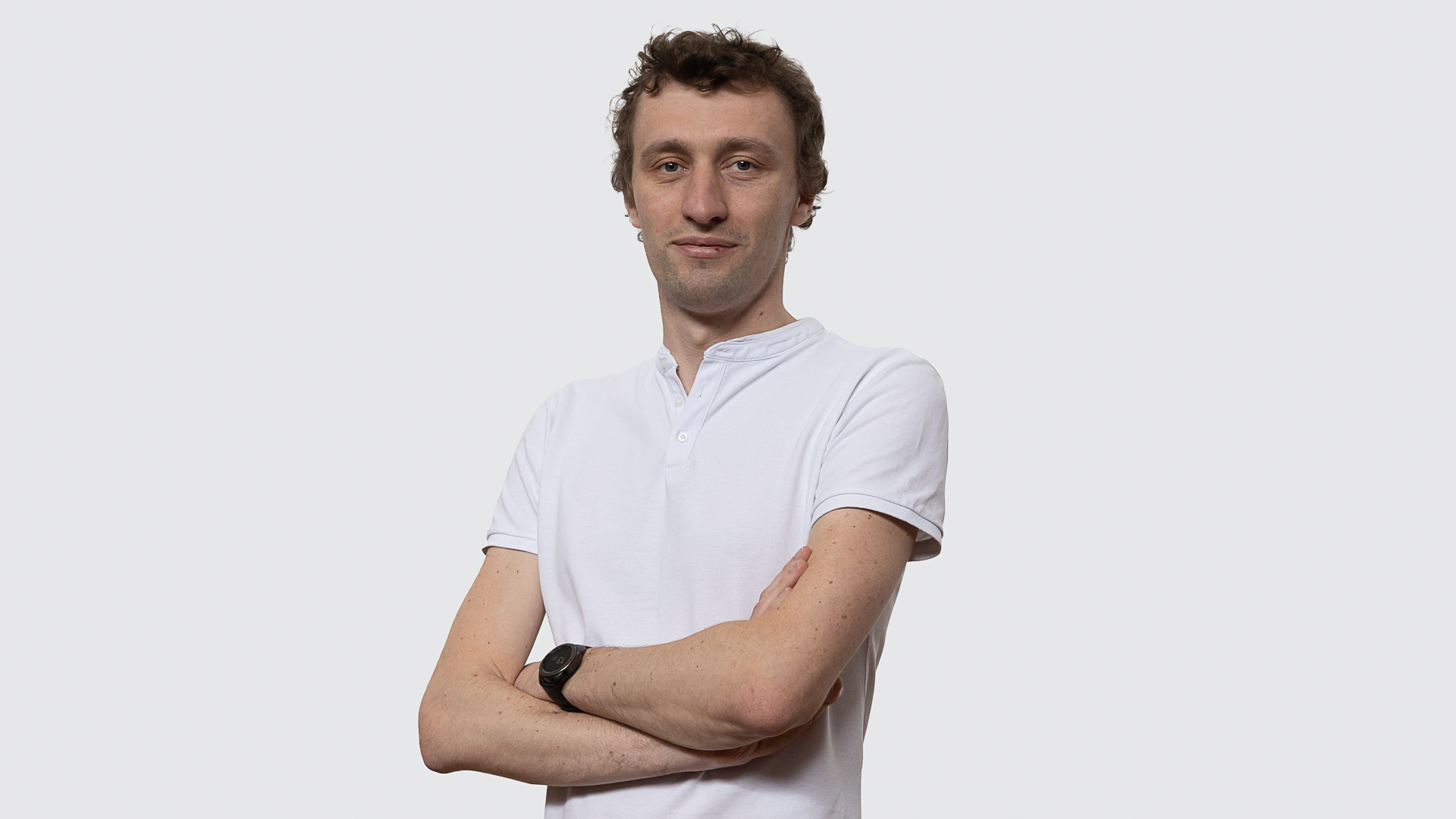Strongly-correlated materials, or the materials, in which Coulomb interaction between the electrons cannot be neglected, became of great importance for technology and basic science. They exhibit a rich variety of exciting properties, such as metal-insulator transitions, unconventional superconductivity, heavy fermions, and unique magnetic orders. Additionally, recently reported long-lived hidden phases, which are accessible only at highly non-equilibrium conditions, such as laser excitation or short electrical current pulse, offer new platforms for non-incremental improvement in the performance of modern electronics, logical gates and non-volatile memory devices. For example, the recently presented laboratory prototype of charge-configurational storage developed at IJS is at least three orders of magnitude faster than any other existing memory device. However, a precise understanding of the nature of the hidden phases, which are responsible for the device operation, is still missing.
The research within the PhD program will aim at finding the key ingredients required for stabilizing hidden orders in correlated electronic crystals, controlling their characteristics in mesoscopic devices and engineering the material properties on demand. The work will include the development of a new experimental framework for studying and manipulating mesoscopic devices on an ultrafast time-scale.
Using the combination of state-of-the-art experimental methods, the candidate will study the influence of confinement on the electronic properties of correlated systems and explore the possibilities for non-invasive patterning of electronic crystals, such as with surface acoustic waves or applying textured electrical and optical excitation. Utilizing ultrafast time-resolved techniques, the candidate will explore the interplay and balance between different degrees of freedom in transition metal dichalcogenides, which define their properties.
The candidate will acquire practical skills in experimental optical and X-ray spectroscopies, time-resolved methods, and will obtain experience in solid-state and laser physics.
More about the hidden states in transition metal dichalcogenides:
[1] L. Stojchevska, I. Vaskivskyi, T. Mertelj, P. Kusar, D. Svetin, S. Brazovskii, D. Mihailovic, “Ultrafast Switching to a Stable Hidden Quantum State in an Electronic Crystal”, Science 344 (2014) DOI: 10.1126/science.1241591
[2] Y. Gerasimenko, I. Vaskivskyi, M. Litskevich, J. Ravnik, J. Vodeb, M. Diego, V. Kabanov, D. Mihailovic, “Quantum jamming transition to a correlated electron glass in 1T-TaS2”, Nature Materials 18 (2019) DOI: 10.1038/s41563-019-0423-3
